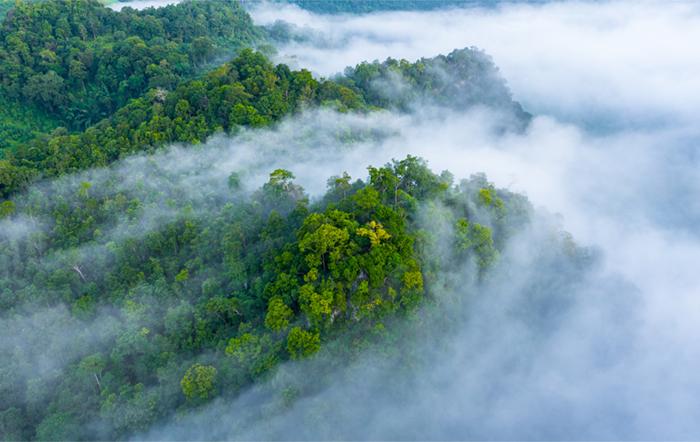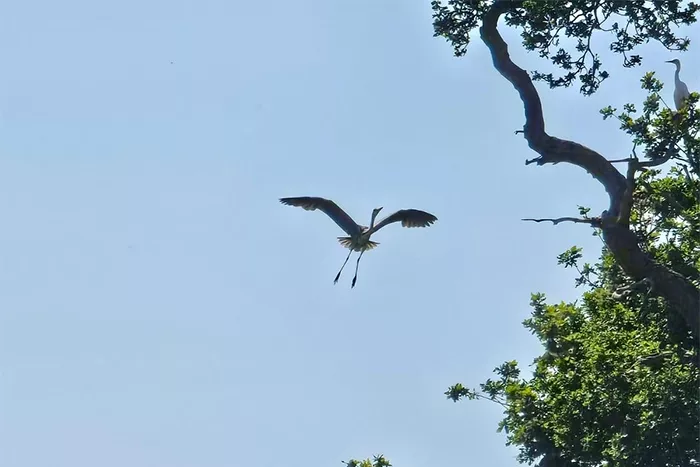Tabina Manzoor, a Kashmiri student, researcher, and environmentalist currently pursuing an MSc in Water Science, Policy, and Management at SoGE, served as a student co-moderator at Oxford’s recently concluded Right Here Right Now Global Climate Summit, where she also gave an opening address at the Sheldonian Theatre.
News
The $900 billion write-off of 'stranded energy assets' needed to make climate targets will be one of the biggest capital shifts ever
To meet the 1.5C global warming target, 84% of remaining fossil fuels would need to remain in the ground. Dr Ben Caldecott, director of the Oxford Sustainable Finance Program at the Smith School of Enterprise and Environment, provides comment in the National Post. [Original story in the Lex column, Financial Times.]

Free public transport in Luxembourg
In an attempt to incentivise people to use cars less often, in favour of greener public transport options, all buses, trams, and trains in Luxembourg were made free of charge at the start of this month. The TSU's Tim Schwanen discusses the initiative, and its political nature, and questions whether it will balance out social and economic inequalities - in an article on the Are We Europe website.
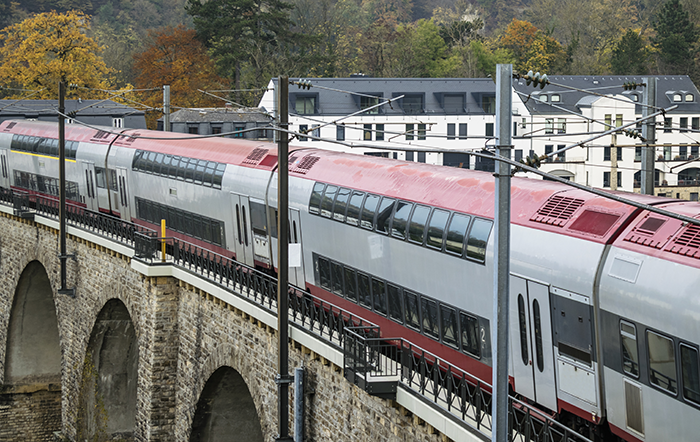
How can we ensure our investments don't harm the environment?
There is a massive and sustained interest in aligning finance with sustainability. Individual savers, shareholders, politicians and regulators all have a part to play, writes Ben Caldecott for the Telegraph 'Power of Us' campaign.

A remote sensing algorithm to detect giant kelp forests in the world ocean
Giant kelp (Macrocystis pyrifera) is the keystone species of one of the richest and most productive marine ecosystems on Earth, but detailed info on its distribution is entirely missing in some marine ecoregions, especially the high latitudes of the Southern Hemisphere. In a recent publication, an international team led by SoGE DPhil student Alejandra Mora-Soto, employed satellite imagery to detect giant kelp, validated it with drone imagery from multiple sites, and created the first global high-resolution map of giant kelp.
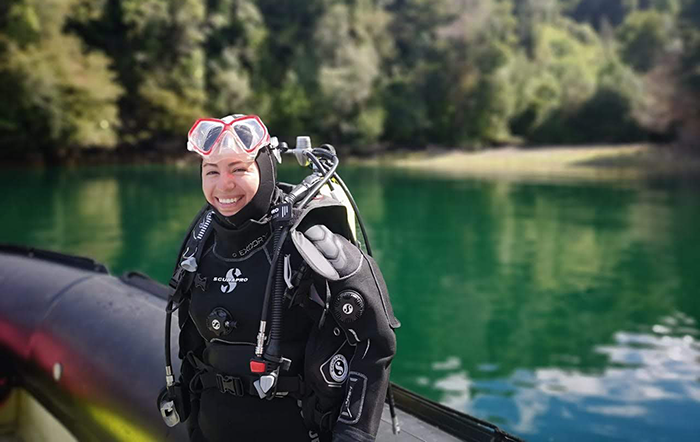
Going vegan with BBC Good Food
This in-depth article explores how a vegan diet can be better for the environment and investigates the impact of 'Veganuary'. Featuring research from Joseph Poore and comment from Helen Beecham of the Food Climate Research Network (FCRN).

MIT Tech Review 10 Breakthrough Technologies 2020
Climate change attribution, a growing area of research that allows scientists to understand climate change's role in extreme weather, has been named one of Tech Review's top breakthroughs of 2020. This research is led by World Weather Attribution, based in the Environmental Change Institute and led by acting director Dr Fredi Otto.
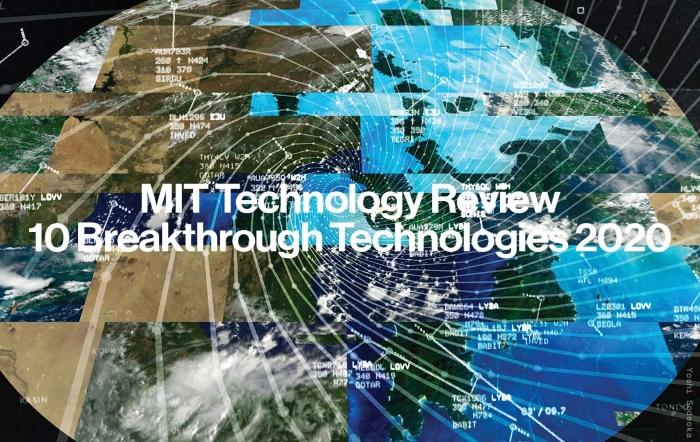
When will the Amazon hit a tipping point?
Scientists say climate change, deforestation and fires could cause the world's largest rainforest to dry out and change to savannah. Erika Berenguer comments on the impact of fire on the Amazon ecosystem in this news article from Nature.
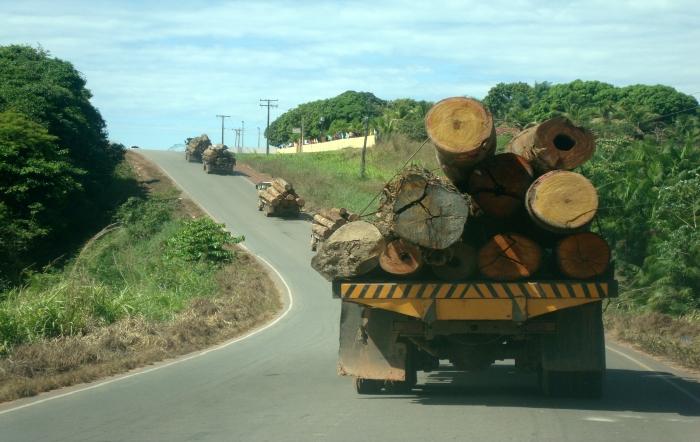
Why A New Wave Of Economists Are Championing Slow Economic Growth
Kate Raworth, ecological economist at the Environmental Change Institute, joined On Point (Boston Radio) with Meghna Chakrabarti to discuss society's 'obsession' with economic growth, and what alternatives we could turn to for signs that our economy, society and planet are healthy.

'Natural' flood management would be overwhelmed by Britain's winter super-floods
Work undertaken by Professor Simon Dadson and colleagues on the most comprehensive meta-analysis of natural flood management to date has concluded that while 'natural solutions' are useful for reducing nuisance floods they would be overwhelmed by the types of super-floods seen in the UK this winter.
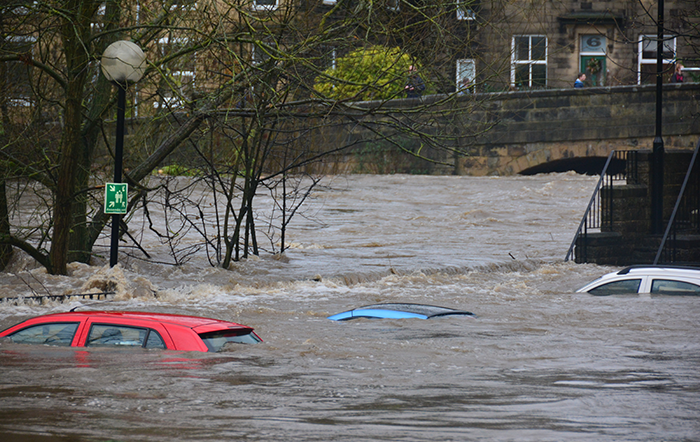
Satellites Are Helping the Municipal-Bond Market Assess Climate Risk
The potential financial applications for satellite technology led researchers at the Oxford Sustainable Finance Programme to coin the term "spatial finance" and to launch an initiative last year with groups like the Green Finance Institute to foster the use of geospatial data in markets.




